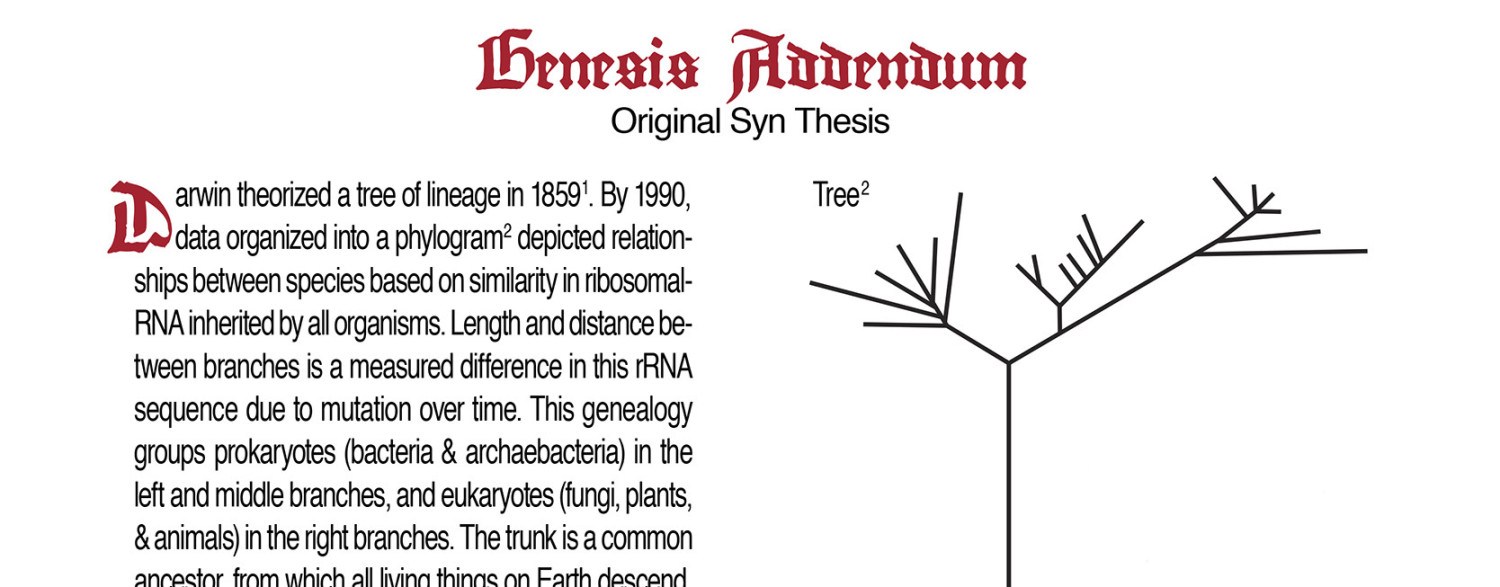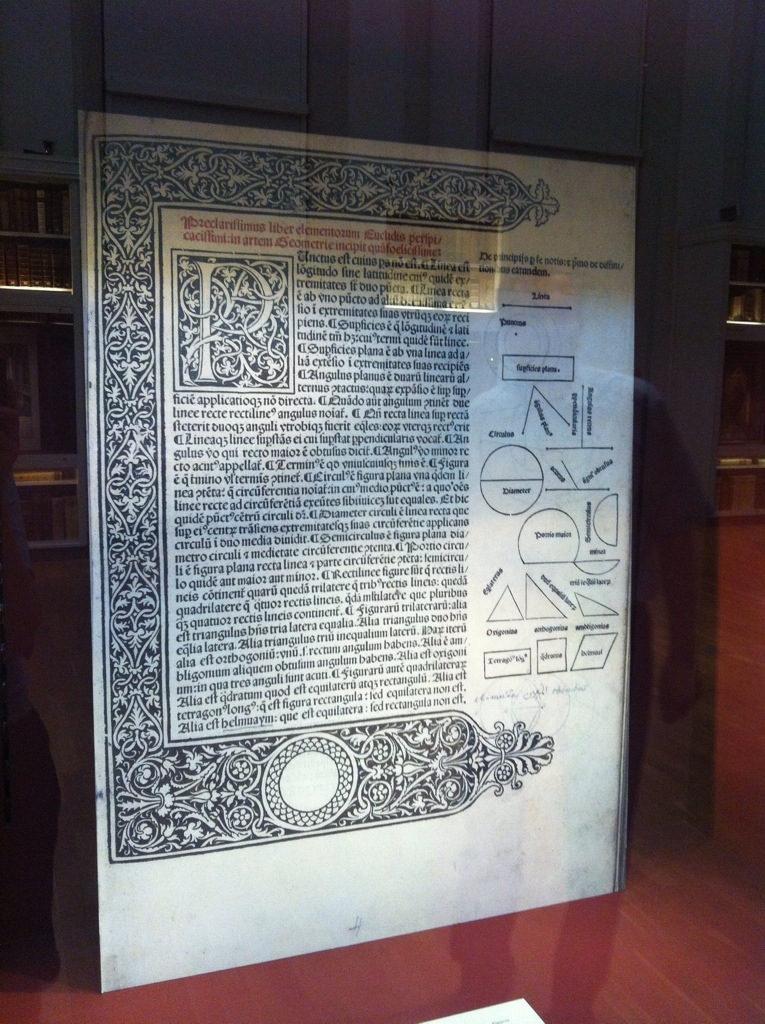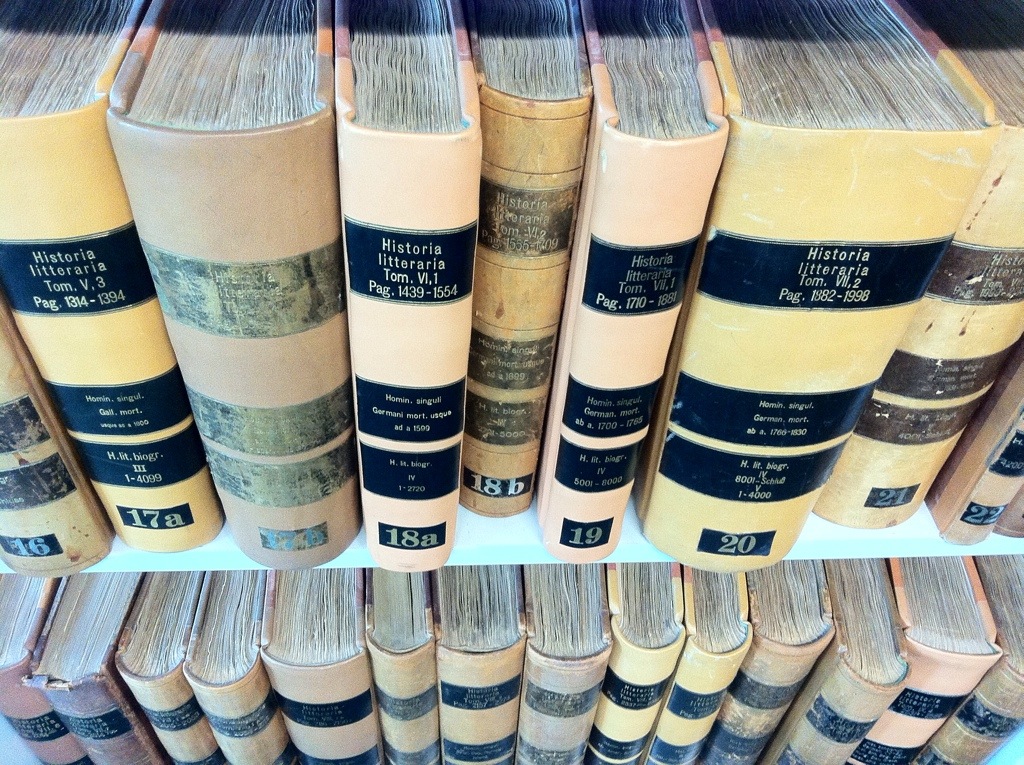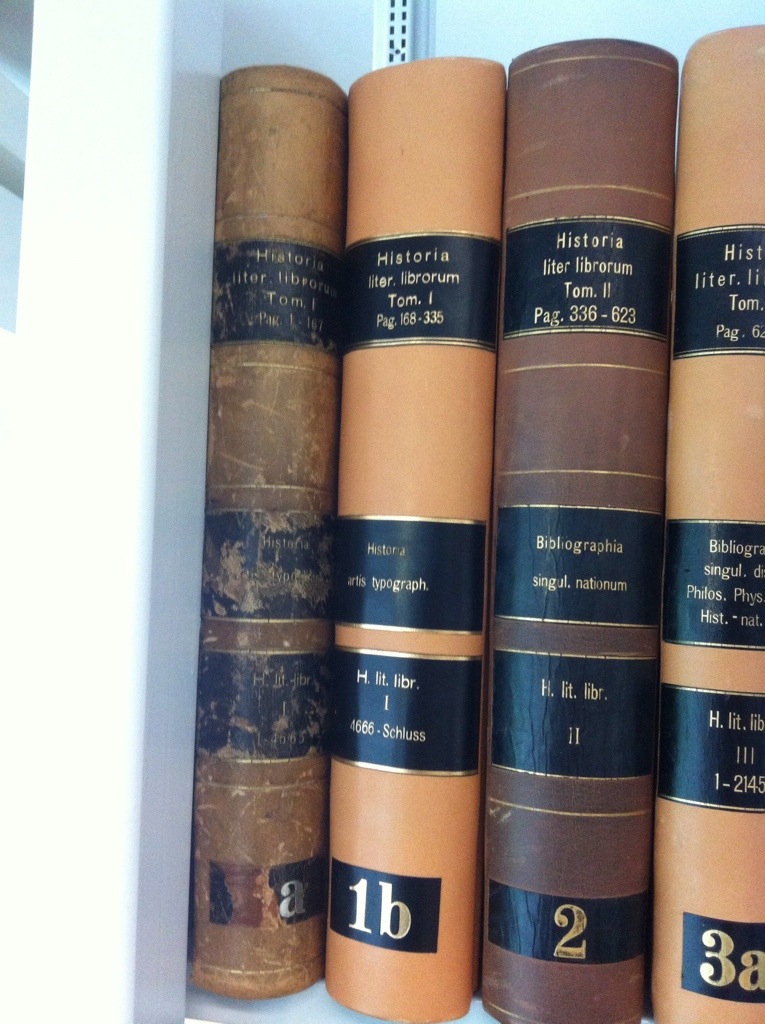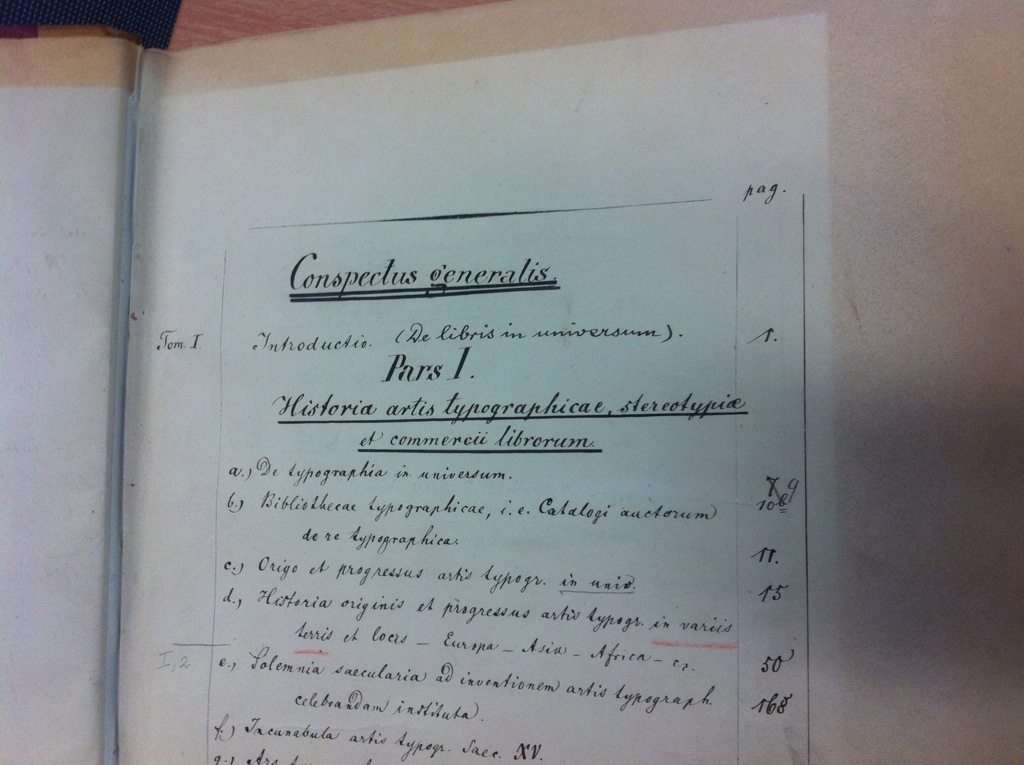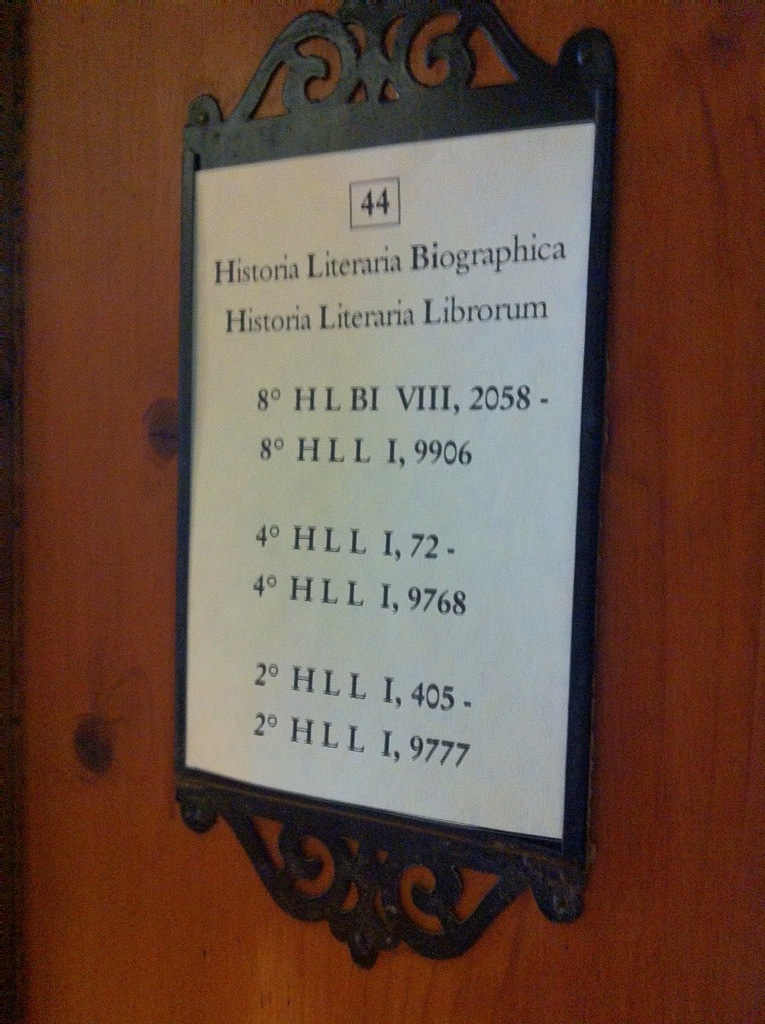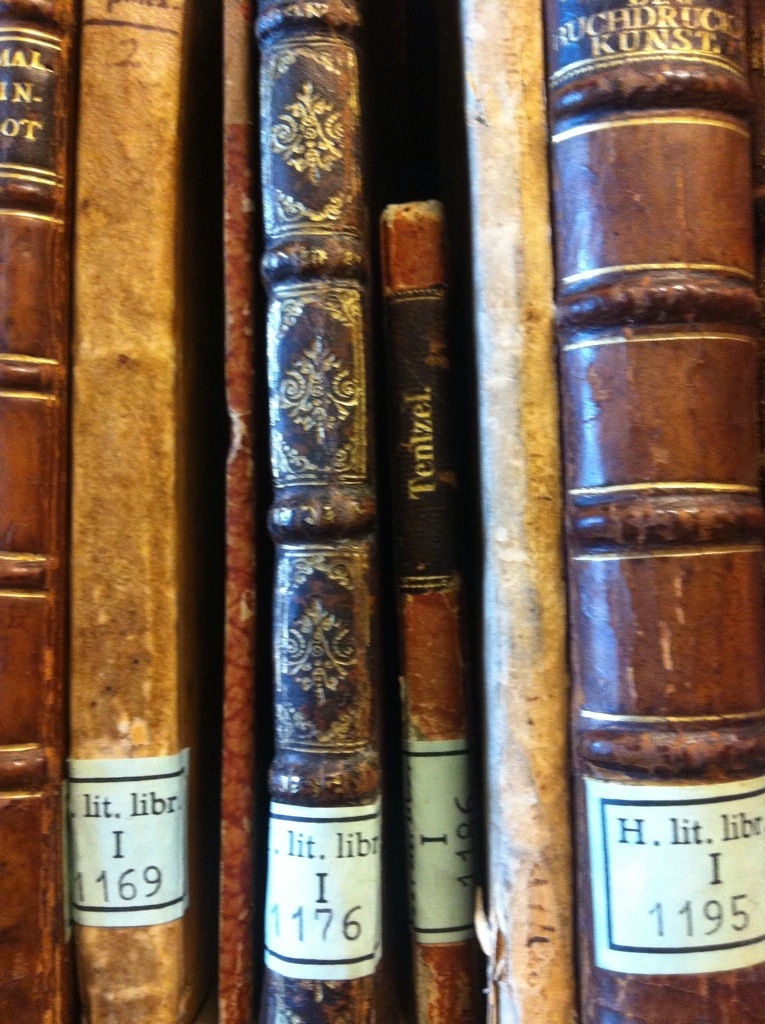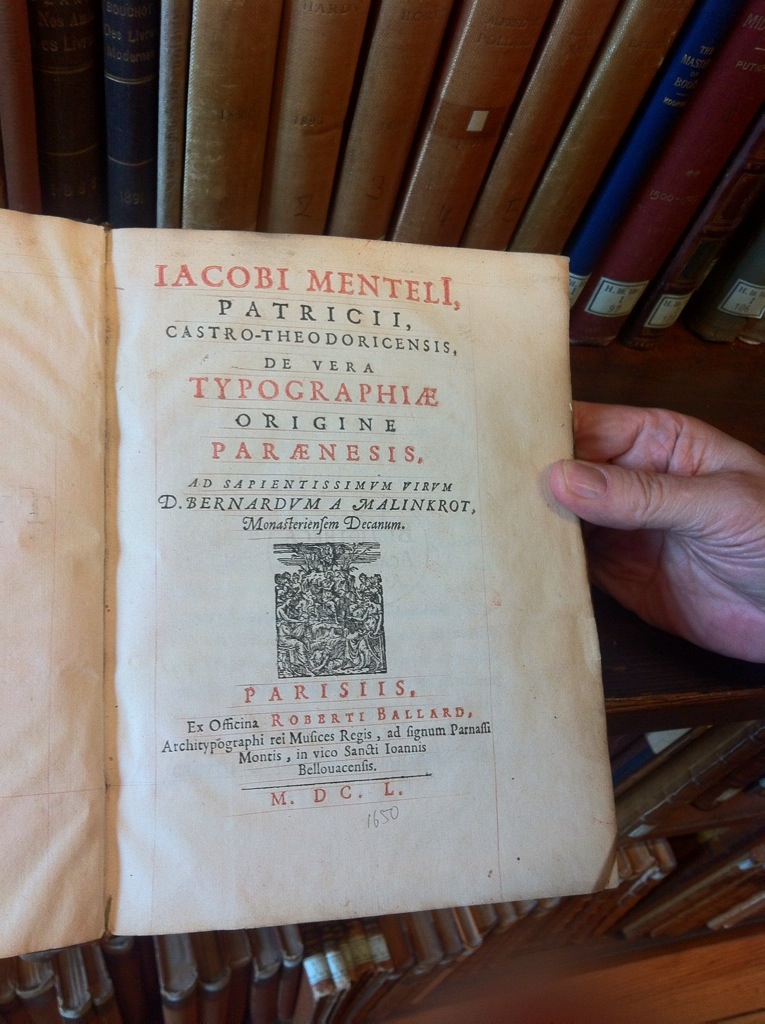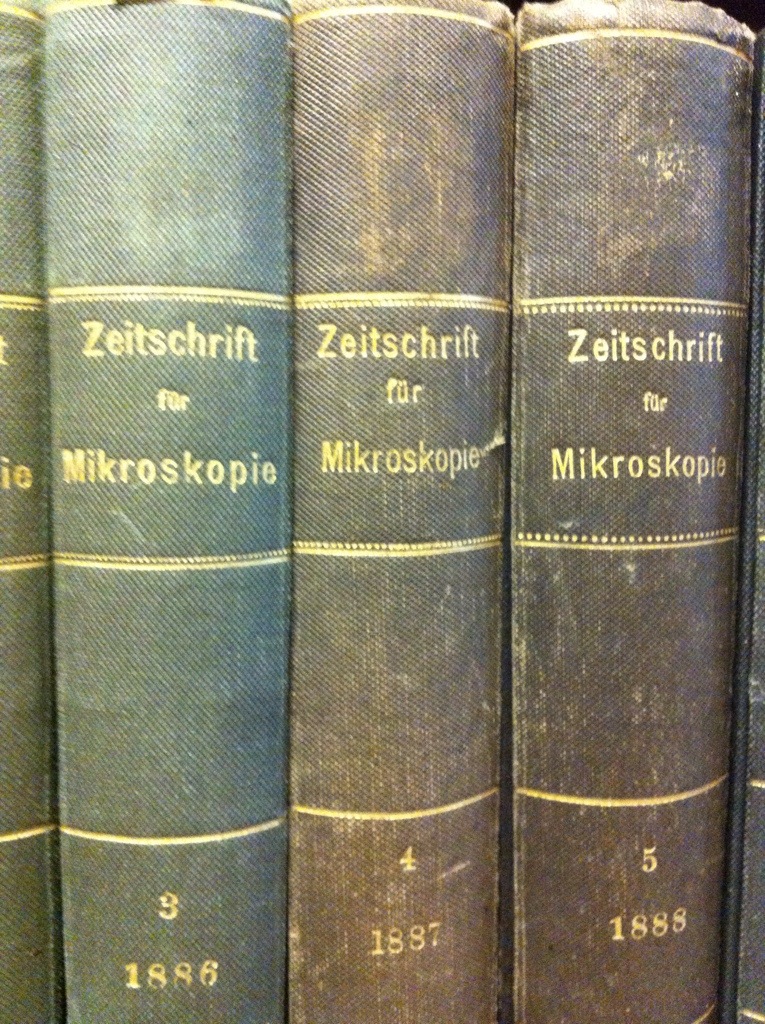I did way too much Friday. But most notably I learned about Goettingen University and their holdings from the endearing Helmut Rohfling. How a simple facsimile of the first ever math book that also displays geometry figures can make me cry, is bewildering. But I was overcome by gratitude. Yes. Someone had to make the first mark. Euclid had to think his thoughts. Someone had to make the paper. Someone had to sculpt the geometry figures. Someone had to pass the knowledge down to my high school geometry teacher like tending a delicate Bonzai. And I learn about trapezoids, and levers, and logic.
Again, a conversation where I forget so many things that were spoken. But to follow Eef from Berlin, Helmut suggested The History of the Pencil and The History of the Bookshelf. Page turners I’m sure!
I asked Helmut to tell me how librarians catalog These Things. So I got a wonderful tour. I saw books full of other books — cataloging books. And in Goettingen, you can actually use the original catalog books. So we did.
Notably, I was interested in the organizational structure. The first books catalog the History of the Theory of Librarianship.
Of course!
This was followed by the sciences through books 39, then theology begins in book 40. When a new field is discovered, say psychology, it has to be nestled in, there it was positioned in philosophy. But as it turns out, this “Hospitality, In-chain, and Array” (need to google the correct phrase) is unique to each library as each library prides itself on its own logical formula (tho perhaps proudly, Helmut noted that some other library systems -such as the British and Copenhagen libraries- adopted something of the Goettingen system). But with 3100 incunabula (books printed by press from Gutenberg to 1500) of the worlds 28000, Goettingen SUB might house a conceptual range of topics to have developed an excellent overarching structure. This library made it through the wars with no damage and obvious benefits.
So these catalog-books: Each book with an overview of contents. Notably book one, part I is The History of Typographical Art. Part III is the history of libraries. And so on.
He flipped to a random page and found an 8′-octavo or small book (meaning each printed sheet was folded several times and sewn into the book, then the folds cut to create 8 pages. Subsequently this referred to small books that were shelved together to conserve shelf space. As compared to the larger quarteros – 4 pages from folding, or folios -2 pages from folding.).
The reference looks something like this: 8′ Hist-Lit-Libr. I, 1176
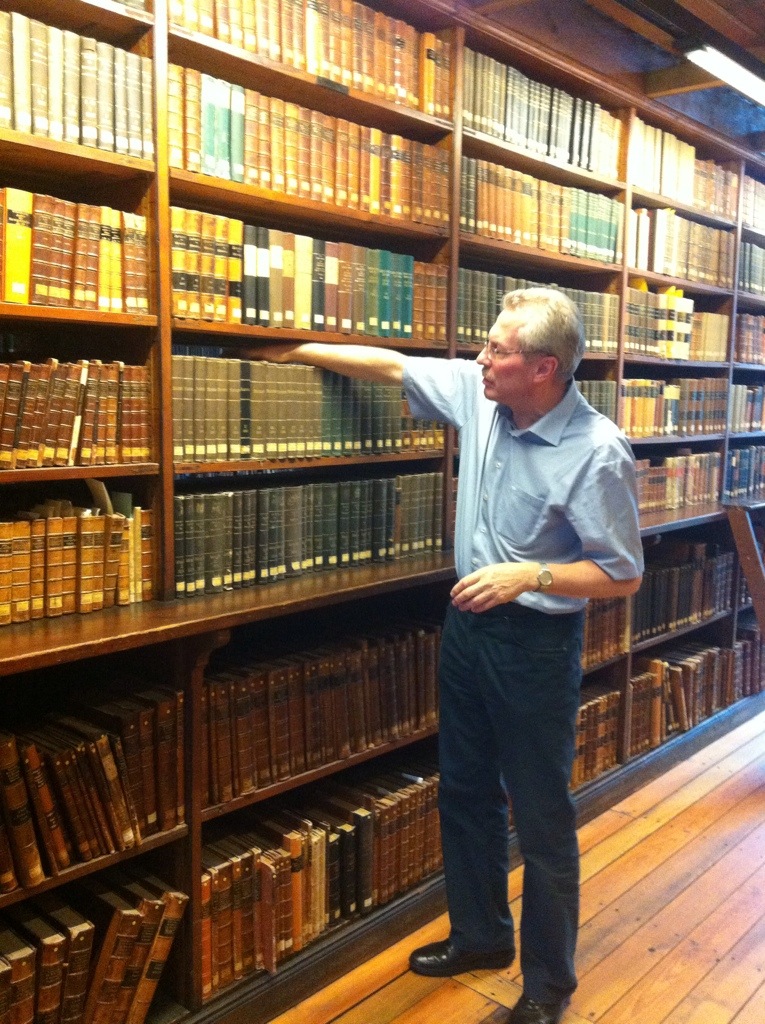
We went to the stacks. It was warm, the air dry with that clean dust smell of old books, and the indirect light warmed up the yellow orange floor boards despite a quiet rainy Friday afternoon. We found the book. A pretty book. Books that may not have been opened in 50 years.
Later, when we returned to his office, he told me that he knew, for example, one of the librarians from my Leipzig visit. She came to the Goettingen library just after the wall came down. She came to see a rare old book she was studying without hope of ever actually seeing it. That is, until the wall came down.
Perhaps what I love about libraries is their patience, through out time and human volatility, for those moments of humanities repose. For those moments when we can read the words of another and be changed.
It is in this way, that I’m beginning to understand why I am on this peculiar mission. I knew it was peculiar from the start and I had these pangs of absurdity about my trip. Now that the Addenda are printed and the anxiety about how the first would be received, the actuality of the addenda is fading from the foreground. Yes, the idea of this project was fun and interesting to me, but 6 months ago I never thought I’d be on a treasure hunt for great libraries, their stewards, and the multitude of lives and neuronal connections embedded in text kept alive in the most fragile paper.
I’m off to Amsterdam to see an old friend and drink some wine. My head is over full. I have delivered 14 addenda to 13 institutions in 15 days. 7 accepted so far.
